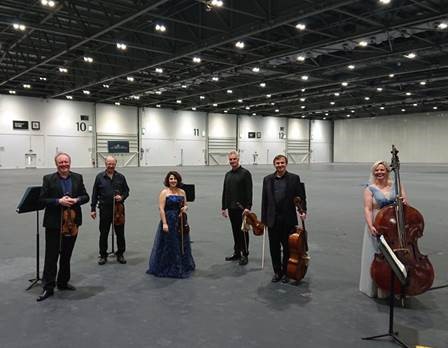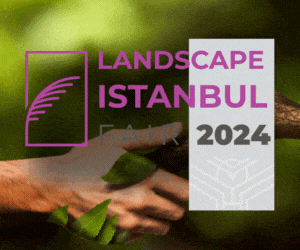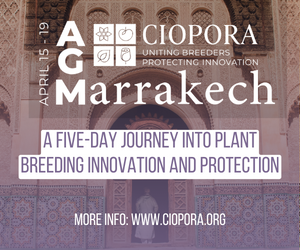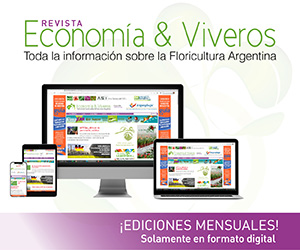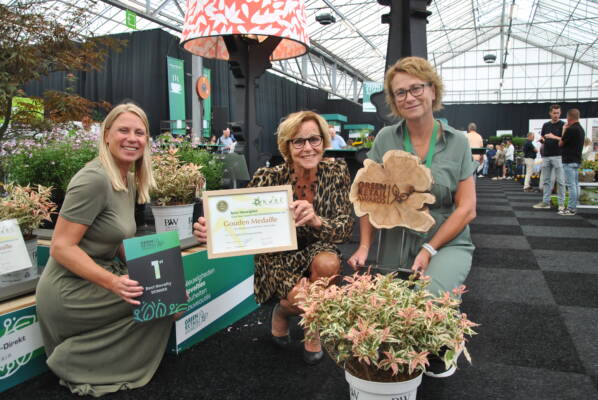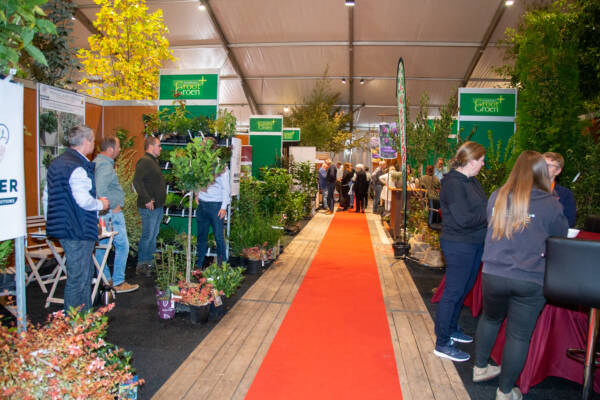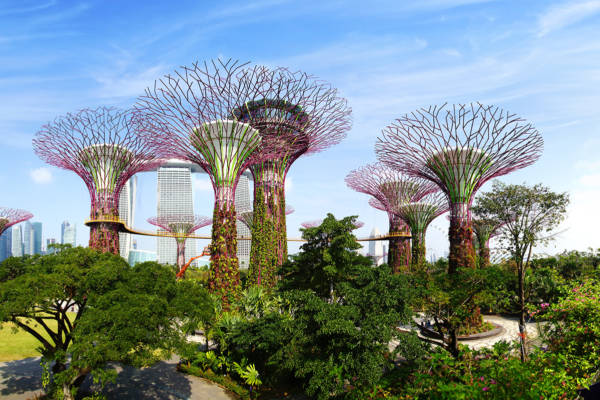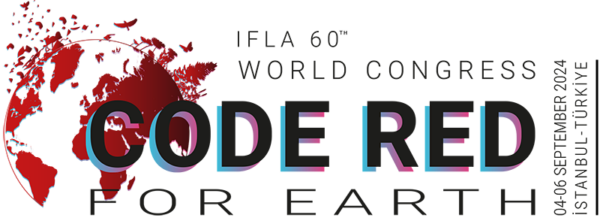PARIS, France: Around 700 UFI members from more than 50 countries and regions attended the 87th UFI Global Congress, which took place online from 16 to 19 November. UFI is the global trade association of the world’s tradeshow organisers and exhibition centre operators, as well as the major national and international exhibition associations, and selected partners of the exhibition industry.
This year’s digital event has been the largest in UFI’s history, exceeding the record number of attendees at the 2019 Global Congress in Bangkok, Thailand and the 2016 Global Congress in Shanghai, China.
Three registration packages were available, making this the most accessible UFI Global Congress ever. Participants enjoyed connecting screen-to-screen, as face-to-face meetings have been put on hold due to the COVID-19 pandemic.
Built around prime regional time slots for Asia/Pacific, Europe, the Middle East and Africa, and the Americas, the programme enabled participants to connect and follow the event from their own time zone, and to review other sessions on-demand. In parallel, participants used – and are still using – the platform to network and meet with peers around the world, at whatever time works best for them.
Over 1,200 connections were registered directly on the platform – and there have been numerous other direct digital connections. All Global Congress sessions will remain available on-demand until 4 December 2020.
Kai Hattendorf, Managing Director and CEO at UFI, says, “With face-to-face not an option this year, we’ve re-written the textbook for the UFI Congress. We’ve had to be agile; we’ve had to adapt; we’ve had to be fearless and bold. We’ve completely re-built the way we deliver the event globally, keeping all regions and time zones in mind. And we’ve managed to create experiences that everyone can engage with, despite being limited to screens.”
“The number one piece of feedback from participants is that they miss seeing each other face-to-face and having the opportunity for spontaneous chats and encounters. At the same time, many used the chat functionality and networking sessions to state how great it was to have the opportunity for everyone to connect. People especially praised the fact that we delivered the sessions and the networking opportunities with their specific business hours in mind – that we managed to deliver a truly global event optimised for all regions,” he adds.
58 speakers were “on stage”, as 16 hours of live sessions were presented by UFI’s quartet of regional managers, broadcasting live from Hong Kong, Dubai, London and Bogotá. Wherever possible, the team delivered live chats and sessions, facilitating real-time dialogue and feedback from participants around the world.
The four Global Congress keynotes covered the new reality for the global economy, for geo-politics, for human health and for the connected industries of travel, hospitality and business events, forming a consistent view of the future ahead of us all in the coming 24 months. Panels with global and regional industry leaders shared unique insights into the exhibition industry’s response and trends, from advocacy to the growth of hybrid events.
As usual, Global Congress participants were the first to be updated on new, original UFI research findings, as a comprehensive analysis and overview of the exhibition industry’s activities in Latin America was presented. This research represents the first in-depth overview of the region that is aligned with metrics from other regions around the world. Delegates also heard very encouraging new findings from the UFI/Explori Global Recovery Trends report, which showed that exhibitors and visitors globally are eager to return to face-to-face platforms.
Keynote speaker Ambassador Wolfgang Ischinger, who organises the annual Munich Security Conference, echoed these findings, stating: “Leaders will have an incentive to meet again physically. You can have any number of personal meetings at the margins of the meeting. You can’t replace these personal physical meetings. It is not so easy to build a personal relationship on a laptop.”
Meanwhile, keynote speaker, Gloria Guevara Manzo, who is President and CEO at the World Travel & Tourism Council (WTTC), reiterated the call for action to convince the authorities to prioritise travel and business events as a critical element of economic recovery: “We need to learn from the past. We can’t wait for a vaccine to be widely spread around the world; we need to be able to resume international travel before.”
Despite the digital format, the Global Congress included a multitude of networking opportunities and special moments. The highlight was a performance by violinist Andrew Bernardi, who played a short concert from one of the vast and currently empty exhibition halls at ExCel London, accompanied by a quintet of musicians (pictured). Playing pieces from British composer Edward Elgar on his 1696 Amici Stradivari, Andrew Bernardi and the other musicians left delegates with a powerful reminder of the energy created when people come together – be it for business, or for music.
Anbu Varathan, Director General and CEO at the Indian Machine Tool Manufacturers’ Association (IMTMA) and Bangalore International Exhibition Centre (BIEC) formally assumes office as the UFI President for the year to come.
He says: “I am extremely happy and honoured to address the global exhibition community, as I assume the UFI Presidency. We are all living in extraordinary times with the COVID-19 pandemic having a profound and lasting impact on human life, the global economy and, in particular, our exhibition industry and all related industries. We need to delve deep and look for opportunities and strategies to innovate, to enhance technological capabilities, to reorient market strategies, to equip workforce with emerging technologies and to re-emerge as a strong force once again.”
– Image of Ambassador Wolfgang Ischinger – (c) MSC|Kuhlmann
– Image of Gloria Guevara Manzo
– Image of Anbu Varathan
– Global Congress Visual
– Image of the Andrew Bernardi concert






















